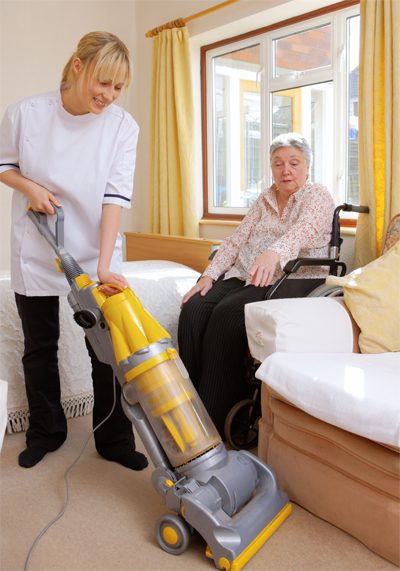Maintaining a high standard of cleanliness in aged care facilities is essential to protect vulnerable residents and ensure a welcoming environment. Aged Care Cleaning Sydney requires attention to specific health, safety, and regulatory standards. Here are five important tips to improve cleaning practices in Sydney’s aged care facilities, making them safer and more comfortable for all.
1. Use Appropriate, Non-Toxic Cleaning Products
Using non-toxic, hospital-grade cleaning products is critical in aged care facilities. Residents often have heightened sensitivity to chemicals, so choosing products that are gentle yet effective helps to reduce allergic reactions and respiratory issues. In addition, non-toxic products can minimise potential exposure to harmful chemicals, helping to maintain a safe environment for staff and residents alike.
For more details about cleaning standards, you can refer to cleaning requirements in aged care facilities.
2. Implement Regular Deep-Cleaning Routines
Regular cleaning routines should include daily maintenance and scheduled deep cleaning for high-touch areas, such as handrails, door handles, and communal areas. Pathogens can thrive on surfaces touched frequently, especially in shared spaces. Implementing a detailed cleaning schedule that prioritises infection control is vital to prevent the spread of illness. High-risk areas such as bathrooms and dining rooms should receive particular attention.
Find more information on best practices here.
3. Prioritise Infection Control
In aged care settings, infection control is a priority. Use disposable gloves and cloths, and ensure that all cleaning equipment is regularly sanitised. Training staff on proper disinfection techniques and the importance of using separate cleaning supplies for different areas is also essential. Following protocols aligned with infection control guidelines, such as avoiding cross-contamination between rooms, helps protect residents with compromised immune systems.
4. Train Staff on Health and Safety Standards
Proper training is the backbone of effective cleaning in aged care. Staff should be educated on health and safety standards, including the correct handling and disposal of biohazardous materials, like used tissues or wound dressings. Ensuring staff understand these standards reduces the risk of infections and helps them handle emergencies efficiently. Routine training on new products, equipment, and infection control protocols is equally important for consistent quality.
Learn more about Sydney-specific standards in aged care cleaning.
5. Maintain Open Communication with Residents and Families
Transparent communication with residents and their families about cleaning practices can build trust and reassure them that their health is a priority. Providing updates on scheduled deep cleans or changes to the cleaning routine allows residents and families to voice any concerns and gives staff a chance to address specific needs.
Maintaining high standards inAged Care Cleaning Sydneyensures that facilities are safe, comfortable, and pleasant for everyone involved. Regular training, appropriate cleaning products, and adherence to infection control guidelines are the foundation of effective cleaning in aged care settings.

